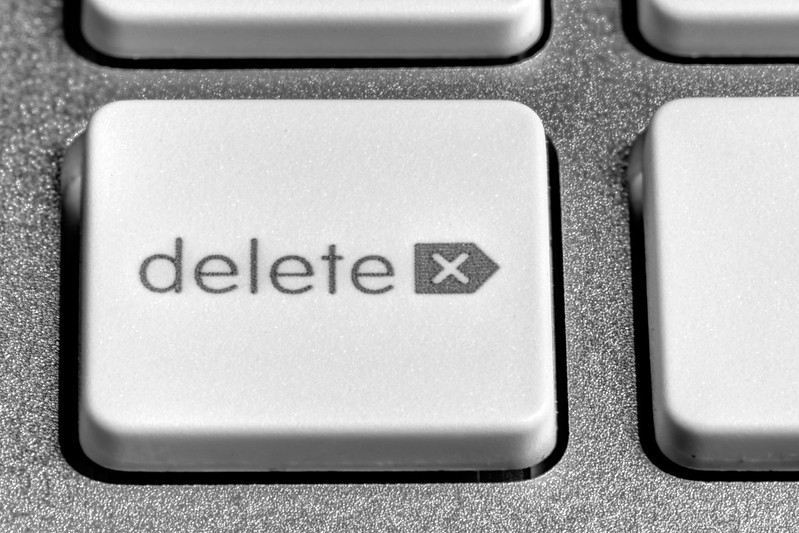This is part one of a three part series.
Cybersecurity is a growing topic of concern for Canadians. According to a report from Risk Based Security, a cybersecurity and risk management company based in Richmond, VA, there were cybersecurity 48 breaches reported in Canada in 2018. Of the 48 breaches, a total of 12,551,574 records were exposed.
Keeping yourself safe online may seem complicated, given the frequency of attackers and the multitude of resources available. But you don’t need to be an expert to keep yourself relatively secure online. Here are some detailed tips on how to stay safe online.
1. Avoid using public wifi
Since the boom of the internet, public WiFi access points and public computers have become available. With almost every retail store, restaurant, hotel and airport offering free WiFi access, it encourages users to stay connected at every opportunity.
However, there are certain risks associated with both access points. Keep in mind the word public. Since almost anyone can access these networks oftentimes with little to no authentication, access points can attract hackers.
So how can a hacker access your information? One, hackers can position themselves between the access point and yourself. Every time you relay information, it is received by the hacker first, who then relays it to the public server. This might be fine if the information you’re sharing is harmless pictures of your cat. But if you share anything personal like credit card information, hackers now have that information and can use it as if they were you.
Second, hackers can use unsecured WiFi connections to distribute malware across multiple computers. If you enable file-sharing while connected to a public network, hackers can plant malware on your computer.
So what’s the best solution? The easiest solution is to avoid public WiFi altogether. Instead, opt for a data plan on your phone. This can offer protection from hackers looking to take advantage of public networks.
If you do need to use public wifi, here are some quick guidelines to follow:
- Never shop online, check your finances or access personal information while on a public network or computer
- Use a VPN (see below) to help cover your tracks if using public WiFi
- Turn off sharing across all of your devices. Not everyone needs to see the information you are sharing online!
- Keep the WiFi off when you don’t need it. Even if you haven’t connected to a network, your phone/computer is still transmitting data to any network within reach.
2. Use a VPN with no logs
A VPN (Virtual Private Network) is a private network which is used to mask the user, granting a level of privacy and anonymity. Among other functions, a VPN can help mask your browser history from ISPs and mask your IP address.
A VPN works by creating a data tunnel between your local network and a different network which could be thousands of kilometres away. This makes seem like the user is in another place. This is done by using encryption to scramble data, making it unreadable over the WiFi network someone is connected to.
However, be mindful when selecting a VPN. You will want to consider factors such as the amount of time you spend on the internet and how much you are willing to pay for a VPN.
Above all: use a VPN with no logs. VPNs are created with the intent of helping you protect your privacy, so they should respect your privacy too. Look under their policies for a “no log” policy, which means they don’t track or store your online activities.
3. Delete, delete, delete

Hackers are smart. They can find a target an analyze them for weeks, searching through your internet content for even scraps of information they can use to find more personal information or just find your other accounts with more valuable information like addresses.
Take a moment out of your time to go on your social media and delete any old photos, tweets or posts. Better yet, Google yourself and see if you can delete any of the accounts associated with your name, or ask a company to delete it on your behalf.
4. Have a burner email
Not every company needs access to your personal email and your personal information. Sure, your best friend may want your personal email, but does an online store you shopped at once really need your personal information and email?
The solution? Create a burner email, preferably with a different domain and email address altogether. Use your burner as the main email for services like Facebook or Google.
5. Delete those old, unused emails and accounts
Remember that Club Penguin account you used when you were a child? What about your first email address? All of those accounts, emails and subscriptions create a paper trail that hackers can follow. Also, they contain some form of personal information they can use.
Take some time to go back and delete all your old email addresses and accounts you no longer use. Use the “forget your password” function to recover your passwords. Note that Gmail or Hotmail accounts are usually recovered through a second email or verification code on a phone. Don’t remember every password or account? In your email search function, type in “welcome” or “sign-up” and see what pops up.








